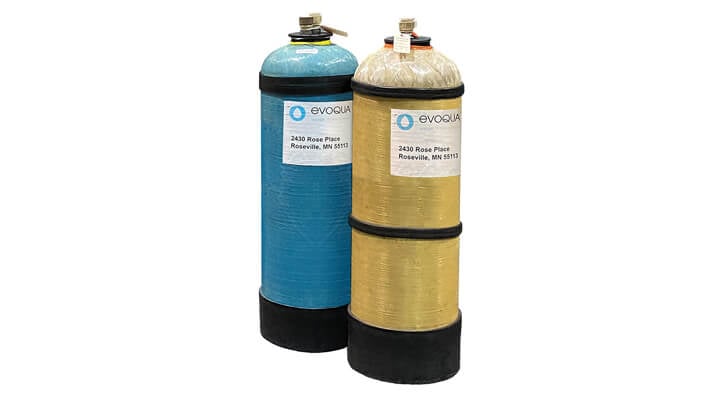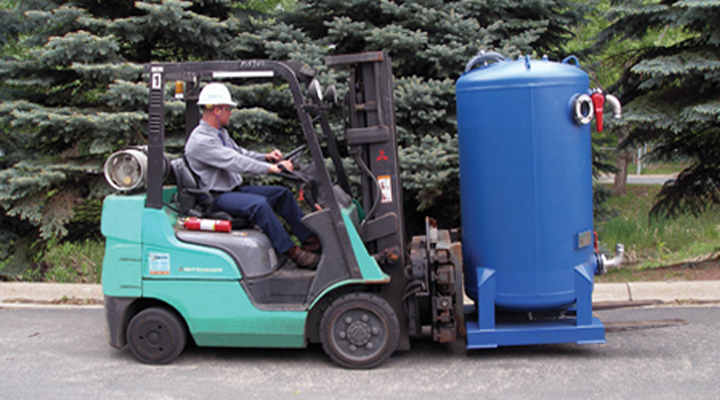Challenge
A Midwest manufacturer of automotive parts was experiencing elevated levels of zinc in the effluent from their existing conventional wastewater treatment system. This wastewater was generated through a multi-stage cleaning and zinc phosphate process which produced elevated levels of both particulate and dissolved zinc in the wastewaters. Due to lower discharge limits and a potential expansion of their production, the firm needed to find a solution that would allow them to consistently meet their environmental compliance goals from the local municipality.
With limited capital funds and time available to meet these goals, the company needed a solution that would be primarily supported through OPEX funding and could be implemented within a short timeframe. Understanding the capabilities of Evoqua from past projects, the company reached out to our local sales branch to evaluate their wastewater process and develop a potential solution.

Solution
To begin the process evaluation, Evoqua gathered a thorough understanding of both the multi-stage process that generates the wastewater and the equipment and capabilities of the existing WWT system. This included a detailed review of the process onsite, along with a technical evaluation of process flow diagrams, existing analytical data, chemical data sheets, and discharge permit limits. Evoqua also obtained a representative sample of the WWT system effluent to run treatability testing at our Roseville, MN facility laboratory.
After performing both 1) the filtration studies to determine what type and size of prefiltration would be necessary for optimum solids removal and 2) media/ion exchange resin testing to specify the most effective media to remove the dissolved zinc present, Evoqua’s engineering team recommended the following turnkey treatment system: centrifugal pump, 10 micron bag filtration, 5 micron multi-round cartridge filtration, interconnecting 2” camlock hoses, and 2 x 30ft3 WWIX SCU adsorptive media vessels to manage flows between 25-75 gpm.
As Evoqua’s WWIX system is a service-based solution, we were able to provide the specified equipment and initial WWIX exchange vessels within 2-3 weeks of the customer’s purchase order.
Results
After the installation of the WWIX polishing system to treat the effluent of their existing equipment, the customer was able to successfully match the treatability results that Evoqua achieved in the laboratory: zinc concentrations < 1 ppb. Evoqua’s WWIX system achieved the customer’s primary goal of environmental compliance through the use of the SCU adsorptive media. This service-based approach also allowed for system delivery and start-up within a short-time frame, primarily utilizing OPEX-funding from a financial standpoint.
Finally, off-site rebedding of the WWIX vessels and sustainable management of the spent SCU media (high temperature metal recovery), provided the customer with a simple solution and reduction of liability by eliminating the need to send the residuals to a landfill.



